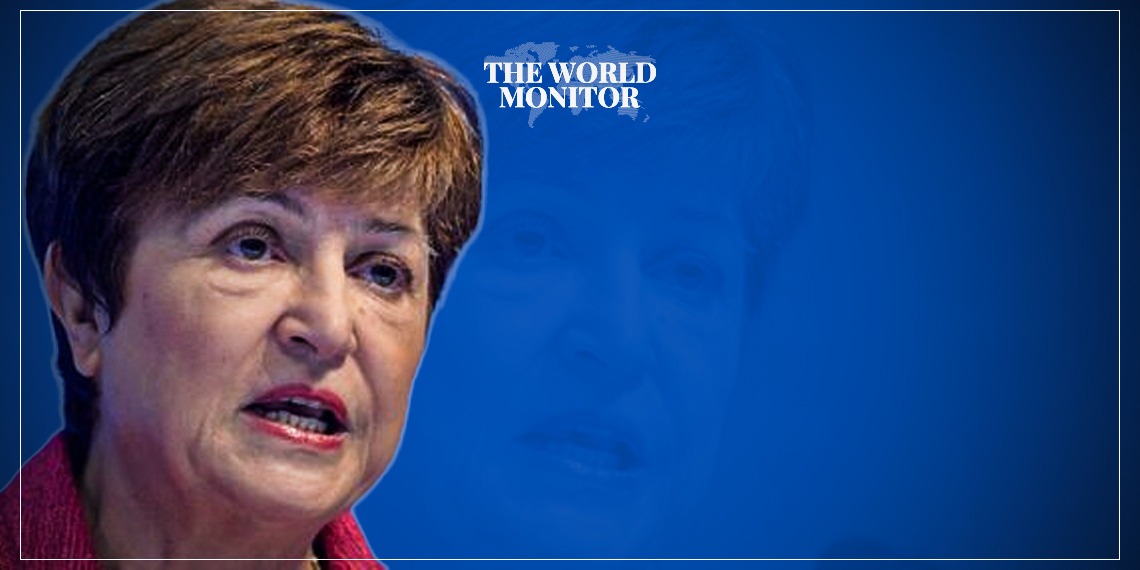While many policymakers and business leaders remain cautious in discussing the effects of artificial intelligence (AI) tools on the global labor market, the head of the International Monetary Fund (IMF) is sounding the alarm.
Kristalina Georgieva, speaking at an event in Zurich, warned that AI is poised to impact a significant portion of jobs worldwide within the next two years. She emphasized the urgent need to prepare both people and businesses for this impending shift, highlighting the potential for increased productivity alongside challenges such as misinformation and inequality.
Georgieva echoed the IMF’s earlier report, which outlined the potential for job displacement and complementation by AI.
She underscored the likelihood of AI exacerbating overall inequality, emphasizing the importance of proactive policymaking to address social tensions. The IMF’s assessment of 125 countries’ readiness for AI adoption revealed disparities, with wealthier economies generally better equipped than low-income countries.
Despite these warnings, a recent paper from the Massachusetts Institute of Technology’s Computer Science and Artificial Intelligence Laboratory suggests that the actual risk from automation may be less severe than some predictions suggest. While the debate continues, Georgieva’s remarks underscore the need for proactive measures to mitigate the potential disruptive effects of AI on the global job market.


